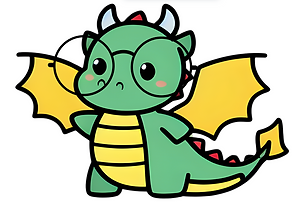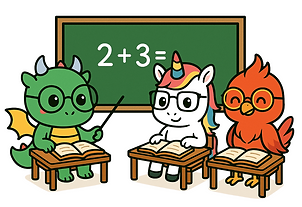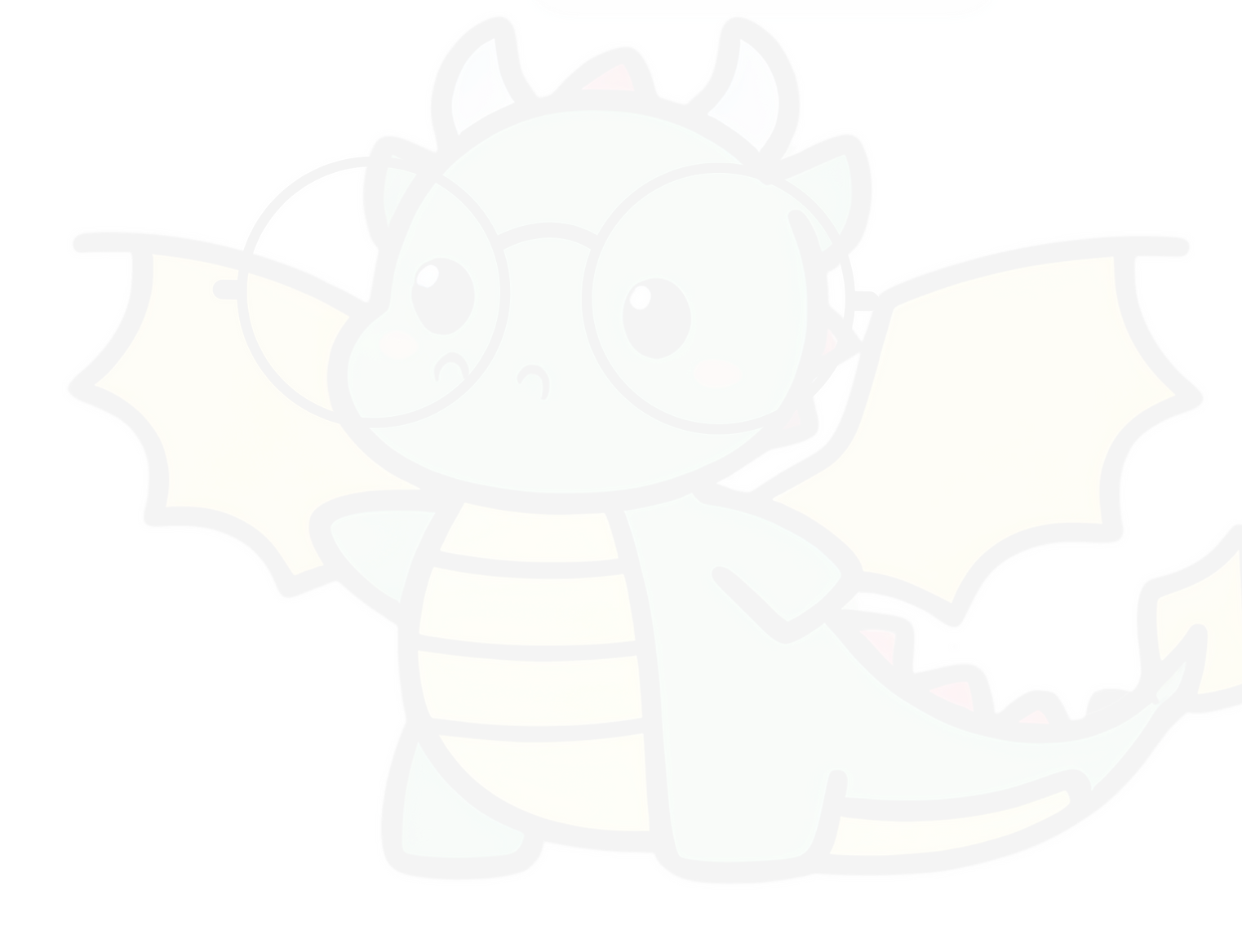Behavioural Optometry is assessment of development of visual abilities and processing. Through vision therapy we develop children's and
young adults skills to age-appropriate levels
What is Behavioural Optometry
Behavioural optometry focuses on more than just how clearly a person can see—it examines how vision develops and how the eyes and brain work together to process visual information. Unlike traditional optometry, which primarily assesses eyesight (the ability to see fine details at different distances), behavioural optometry looks at how vision impacts learning, (visually guided) movements, and daily activities.

The Difference Between Eyesight and Vision
-
Eyesight refers to the eye’s ability to detect details—often measured as 20/20 (or 6/6) vision. While clear eyesight is important, it does not guarantee that a child can effectively process visual information for reading, writing, or learning.
-
Vision is a broader concept that involves not only eyesight but also how the brain interprets what the eyes see. It includes eye coordination, depth perception, tracking, focus, and the ability to make sense of what is seen.
The Foundations of Behavioural Optometry
Visual Processing and Perception:
Beyond just recognizing letters on a chart, our eyes need to understand and process the information they receive. This encompasses skills like visual memory, spatial understanding, and hand-eye coordination. Behavioural optometrists assess and treat challenges in these areas.
Eye Movements and Coordination:
Efficient reading, writing, and even activities like sports rely heavily on precise eye movements and coordination. Smooth pursuits (following a moving object) and saccades (quickly shifting gaze between two targets) are crucial.
Binocular Vision:
This refers to the ability of the eyes to work together seamlessly. Dysfunctions in binocular vision can lead to symptoms like double vision or eye strain.
Why Vision Development Matters

Vision is not something a child is simply born with—it is a learned skill that develops over time. Just like learning to walk or talk, children need experience and practice to build strong visual skills. If vision does not develop properly, it can affect:
✔ Reading and learning
✔ Hand-eye coordination for sports and physical activities
✔ Concentration and focus
✔ Depth perception and spatial awareness
✔ Confidence in the classroom and beyond
How Behavioural Optometry Helps
Behavioural optometrists assess how vision is working, rather than just how well a person can see. They provide tailored treatments to enhance visual skills, correct vision-related learning difficulties, and support children’s overall development.
Common Vision Problems That May Benefit From Behavioural Optometry:
-
Eye teaming issues (difficulty using both eyes together)
-
Focusing difficulties (trouble switching focus between near and far objects)
-
Tracking problems (losing place while reading or skipping words)
-
Lazy eye (amblyopia) and eye turns (strabismus)
-
Visual processing difficulties (trouble understanding or remembering what is seen)
-
Post-concussion or neurological vision problems

Behavioural Optometry Treatment Approaches
To improve vision and prevent future problems, behavioural optometrists use a variety of techniques, including:
-
Prescription lenses – Including single-vision, bifocal, multifocal, and prism lenses to support better vision.
-
Vision therapy – A series of guided exercises to train the eyes and brain to work together effectively.
-
Movement-based activities – To improve coordination between vision and motor skills.
-
Visual perceptual training – To enhance the brain’s ability to interpret visual information.
The Role of Vision in Learning and Movement
Vision is the dominant sense for learning—children rely on their visual system to understand and process new information. Poor visual skills can make reading and writing difficult, leading to frustration and learning delays.
Additionally, vision plays a crucial role in movement. Activities such as crossing the road, catching a ball, or riding a bike require strong eye-hand coordination and spatial awareness. Behavioural optometry incorporates movement-based therapies to strengthen these skills, ensuring that children can interact confidently with their environment.
Who Can Benefit from Behavioural Optometry?
Although many behavioural optometry patients are children, people of all ages can benefit, including:
-
Children with developmental delays or learning difficulties
-
Students who struggle with reading, writing, or concentration
-
Athletes looking to improve coordination and reaction time
-
Adults experiencing visual issues after brain injury or stroke
At Kids Optometry, we are committed to helping children develop strong and effective vision for life. If you suspect your child may have a vision-related challenge, contact us today to book an assessment and learn how behavioural optometry can help.


